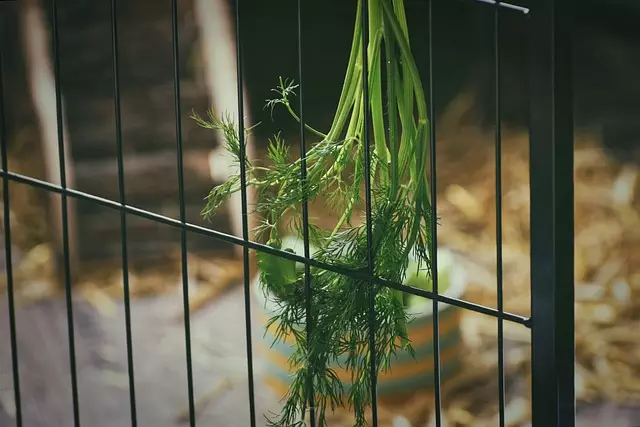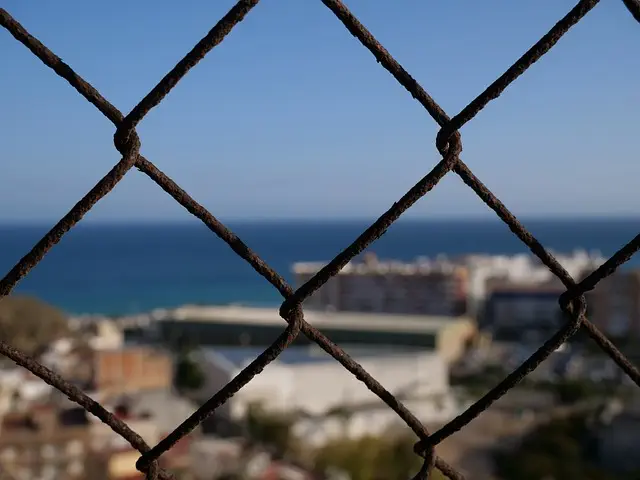Maeng Da Kratom, a potent strain of Mitragyna speciosa, is known for its unique alkaloid composition and its ability to enhance mental clarity and physical endurance. It's popular among users seeking improved cognitive function, energy levels, pain relief, mood elevation, and focus enhancement. The effects vary with the dose, providing stimulating benefits at lower doses and sedative effects at higher ones. However, its legal status is complex and subject to change. As of 2023, in Brazil, while kratom isn't explicitly banned, its legality is ambiguous and can differ across states due to the lack of clear regulations on novel psychoactive substances. In contrast, in countries like the United States, legal standing varies by jurisdiction, reflecting a broader international trend where some countries have imposed restrictions while others allow its use. Users should always verify current local laws before using Maeng Da Kratom, as the legal landscape of kratom, including its status in Brazil, is dynamic and can shift with legislative changes. Staying informed is crucial for compliance and understanding the evolving regulatory environment surrounding kratom.
explore the intricate world of Maeng Da Kratom, a botanical that has garnered attention for its diverse effects and applications. This guide delves into the potency of this unique strain, shedding light on its influence and legal status across regions like Brazil, where many inquire, “Is kratom legal in Brazil?” We aim to provide clarity on its effects, uses, and the complex legal landscape that governs its consumption worldwide. Join us as we dissect the science and policy surrounding Maeng Da Kratom.
- Unraveling Maeng Da Kratom: A Comprehensive Guide to Its Effects and Uses
- Maeng Da Kratom Powder: Understanding Strain Potency and Legality
- Navigating the Legal Landscape of Maeng Da Kratom in Brazil and Beyond
Unraveling Maeng Da Kratom: A Comprehensive Guide to Its Effects and Uses

Maeng Da Kratom, a variant of Mitragyna speciosa native to Thailand, has garnered significant attention in the herbal supplement market for its distinct alkaloid composition and potent effects. Often considered one of the most stimulating strains of kratom, Maeng Da’s influence on energy levels and cognitive function makes it a subject of interest among users seeking to enhance mental clarity and physical stamina. The unique blend of mitragynine and 7-hydroxymitragynine found in Maeng Da Kratom is believed to contribute to its stimulating properties, which can be both mentally and physically invigorating.
Users across the globe explore Maeng Da for various purposes, including pain relief, mood enhancement, and increased focus. Its effects are said to vary depending on the dosage; lower amounts may provide a stimulating lift, while higher doses can produce sedative effects, making it versatile for different times of the day or different needs. The legality of Maeng Da Kratom is a complex issue that varies by region and jurisdiction. For instance, in Brazil, kratom’s status has been under scrutiny, with regulations fluctuating over time. It’s essential for consumers to be aware of the current legal standing of kratom in their specific location before purchasing or using it, as its legal status can change rapidly and may differ from country to country and even within different states or regions of a country. Users should always comply with local laws and regulations regarding kratom use.
Maeng Da Kratom Powder: Understanding Strain Potency and Legality

Maeng Da Kratom Powder, originating from the Mitragyna speciosa tree, is a highly sought-after strain known for its potent alkaloid content, which includes mitragynine and 7-hydroxymitragynine. These compounds are believed to interact with the brain and body receptors, influencing mood, pain sensation, and energy levels. The potency of Maeng Da is often attributed to the specific conditions under which the trees grow in Thailand, as well as the traditional drying and processing methods used. This strain’s effectiveness has led to its widespread popularity, particularly among individuals seeking natural alternatives for well-being and energy.
When discussing the legality of Maeng Da Kratom Powder, it is crucial to consider the varying regulations across different countries and regions. In Brazil, kratom’s legal status has been a subject of debate and change over the years. As of my knowledge cutoff in 2023, kratom is not explicitly banned in Brazil, which contrasts with the United States where it faces complex legal issues at both federal and state levels. Users in Brazil can find kratom products available in some areas, but the legal landscape can shift, and it is always advisable to stay informed about the most current regulations. Prospective users should be aware that the legality of kratom is subject to change as governments review its effects on public health and safety. Always verify local laws before purchasing or consuming Maeng Da Kratom Powder.
Navigating the Legal Landscape of Maeng Da Kratom in Brazil and Beyond

Maeng Da Kratom, a strain of Mitragyna speciosa, has garnered attention for its purported effects. The legal status of this herbal supplement varies globally, and understanding its position within Brazil’s legal landscape is crucial for consumers and regulators alike. In Brazil, the regulatory framework concerning kratom is complex and subject to interpretation at both federal and state levels. As of the knowledge cutoff in 2023, there are no explicit federal laws that categorically ban Maeng Da Kratom in Brazil. However, the lack of specific regulations does not equate to a green light; the country’s legislation is often vague regarding novel psychoactive substances, which may include kratom. This ambiguity can lead to inconsistencies in enforcement and availability across different regions within Brazil.
Beyond Brazil’s borders, the legal status of Maeng Da Kratom is equally murky in many jurisdictions. Internationally, countries like Thailand, Malaysia, and Australia have varying levels of restrictions on kratom due to its psychoactive properties and potential for abuse. In contrast, other nations, such as the United States, have seen a mix of legal positions at state and federal levels, with some allowing its sale and others enacting bans or restrictions. The ever-evolving nature of drug legislation means that the status of kratom can change rapidly, emphasizing the need for continuous monitoring of legal developments. For individuals interested in the legality of Maeng Da Kratom, it is imperative to consult the most current laws and regulations in their specific locale, as well as to stay informed on any legislative changes that may occur.
Maeng Da Kratom, recognized for its potency and a range of effects, has sparked significant interest both within its traditional use regions and globally. This guide has navigated through the intricacies of Maeng Da’s effects, uses, and the nuanced legal status it holds. As discussed, the legality of Maeng Da Kratom varies, with a detailed examination provided in understanding its status in Brazil and other countries. It is clear that the regulatory environment for kratom remains complex, with ongoing changes influencing consumer access and usage. For those considering Maeng Da Kratom, it is crucial to stay informed about local laws, as the legal landscape can shift rapidly. The conversation around kratom’s role in well-being and its place within regulatory frameworks continues to evolve.






